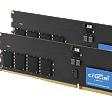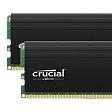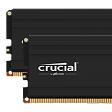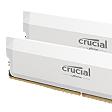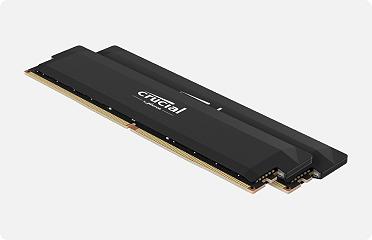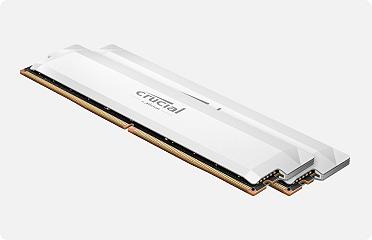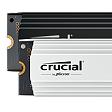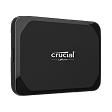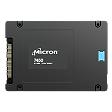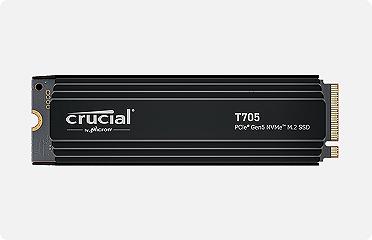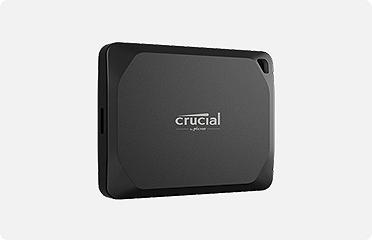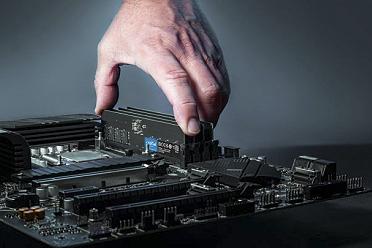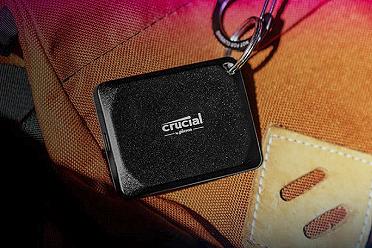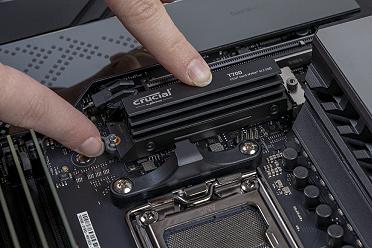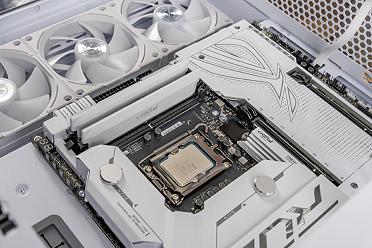PCIe? Speeds and Limitations
Peripheral Component Interconnect express (PCIe) SSDs use the PCIe interface to connect directly to the CPU, allowing for faster data transfer rates compared to traditional SATA SSDs.
If you’re interested in upgrading to PCIe storage, the Crucial System Scanner and Crucial System Advisor will list all compatible M.2 PCIe NVMe SSDs for your system – whether it uses current or earlier revisions of the PCIe standard.
Support for older standards
In addition, PCIe systems without M.2 ports can be upgraded with aftermarket adapters which can be installed in earlier standards, or the adapters may comply with those standards themselves.
Crucial SSDs are backward compatible with these older standards, but if you are seeing lower-than-expected performance, it's important to verify your PCIe revision by reviewing your system or motherboard documentation from the manufacturer.
Older standards, or systems where PCIe interfaces are using fewer data lanes as discussed in BIOS/UEFI Configuration for Optimizing M.2 PCIe NVMe SSDs, will reduce bandwidth and lower performance by at least half.
PCIe bandwidth table
The table below outlines maximum theoretical current PCIe speeds by both PCIe generation and number of lanes. If you have trouble achieving expected benchmark results for your PCIe devices, remember that due to system overhead and other hardware characteristics, real-world numbers will be about 15% lower, and will not exceed the rated speeds of the storage device itself.
PCIe speeds by generation and lane count
PCIe Revision |
x1 Lane |
x2 Lane |
x4 Lane |
x8 Lane |
X16 lane |
Typical devices |
|---|---|---|---|---|---|---|
|
1.0/1.1 |
250 MB/s |
500 MB/s |
1 GB/s |
2GB/s |
4GB/s |
Network cards, storage controllers |
|
2.0/2.1 |
500 MB/s |
1 GB/s |
2 GB/s |
4GB/s |
8GB/s |
GPUs, high-end network cards |
|
3.0/3.1 |
1 GB/s |
2 GB/s |
4 GB/s |
8GB/s |
16GB/s |
SSDs, high-performance video cards |
|
4.0/4.1 |
2 GB/s |
4 GB/s |
8 GB/s |
16GB/s |
32GB/s |
High-speed NVMe drives, latest GPUs |
|
5.0 |
4 GB/s |
8 GB/s |
16 GB/s |
32GB/s |
64GB/s |
Next-gen storage solutions, AI accelerators |

